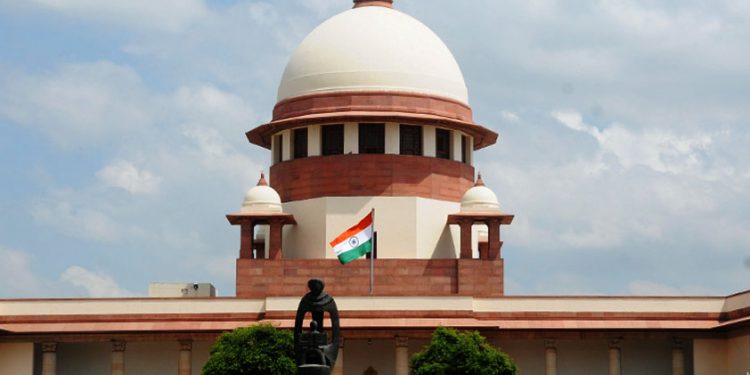A set of parties moved motions in Parliament Monday (February 10, 2020) asking the Centre to remedy the consequences of a Supreme Court judgement on quotas. The apex court had last Friday overturned an Uttarakhand High Court direction to the government of that state to collect data on inadequate representation of members of Scheduled Castes and Scheduled Tribes in public positions. The judgement was delivered on an appeal filed against a high court judgement in a case pertaining to implementing quotas in promotion of government employees.
It is but yet another reminder that the caste system and quotas are here to stay, even if it is retained with the help of the Constitution. The BJP government itself quietly extended the reservations for SCs and STs by another decade December 12, 2019, even while it is critical of the Congress governments of the past for many an ill the country faces today. Retaining the reservation system based on castes today is a counterproductive measure. One fact that is being forgotten conveniently is that the government needs able administrators of all kind to keep the machinery moving. It is important that people holding government jobs in this day and age are equipped to handle the challenges better. If promotions to posts of great responsibility are determined on the basis of caste and reservations, it will be the perfect recipe for disaster. It may help vested interests achieve their ends by targeting inefficient administrators, but will not help people for whose welfare the entire machinery is supposed to work. People running the government machinery ought to be selected on the merits of their skills and performance rather than their caste or creed. What the government has done and continues to do is to try achieving social equality through inclusion in administrative machinery. What the approach has delivered is only economic equality of one kind, while social equality continues to be where the country had started. The divisions and schisms continue to exist as strong as ever even today. One instance that proves the point is that in many places, online matrimony sites have started offering services distinctly separating their clientele into castes and sub-castes. Even when leaders and people, to some extent, preach a casteless society, the divisions are so ingrained in us that castes continue to exist as a strong undercurrent in the country.
Overt expressions of untouchability may have disappeared to a large extent, but untouchability continues in other forms irrespective of what position a person holds in the administration. It is this social divide of many centuries that has harmed the country from flourishing today. The historical injustices committed by the upper castes against the so called lower castes can never be undone overnight. While meritocrasy must be adopted as government policy, it is equally important to ensure a healthy social movement is started to end discrimination based on castes.
While being acutely aware that this is easier said than done, today’s social situation in India seems to deepening that crisis instead of lessening it. While Hindutva is a good political plank to win elections, it does not address core issues.
If one studies the history of conversions in India, it is glaringly visible that the lower castes were more susceptible to that idea since that offered dignity in life. The quota system does not deliver a person from backwardness; it keeps him/her at the very same place socially by merely providing crutches such as quotas. The key trouble with the caste system is exploitation of the weak. The weak continue to be exploited irrespective of caste. The solution, therefore, could lie in empowering the weak.
If we are unwilling to learn from the past and insist on mere eyewash rhetoric based on religion, it is quite possible India will end up in a further fragmented social system.






































